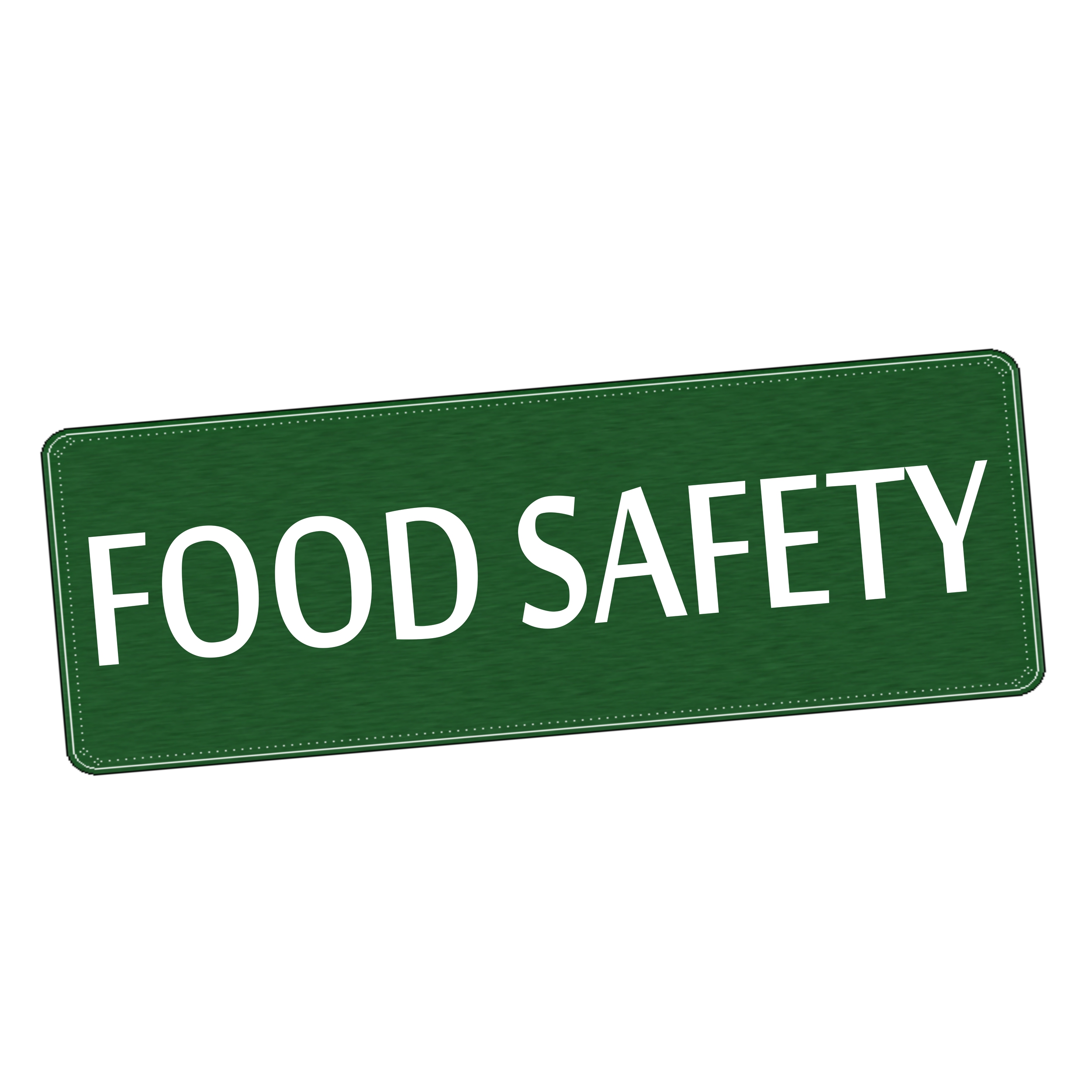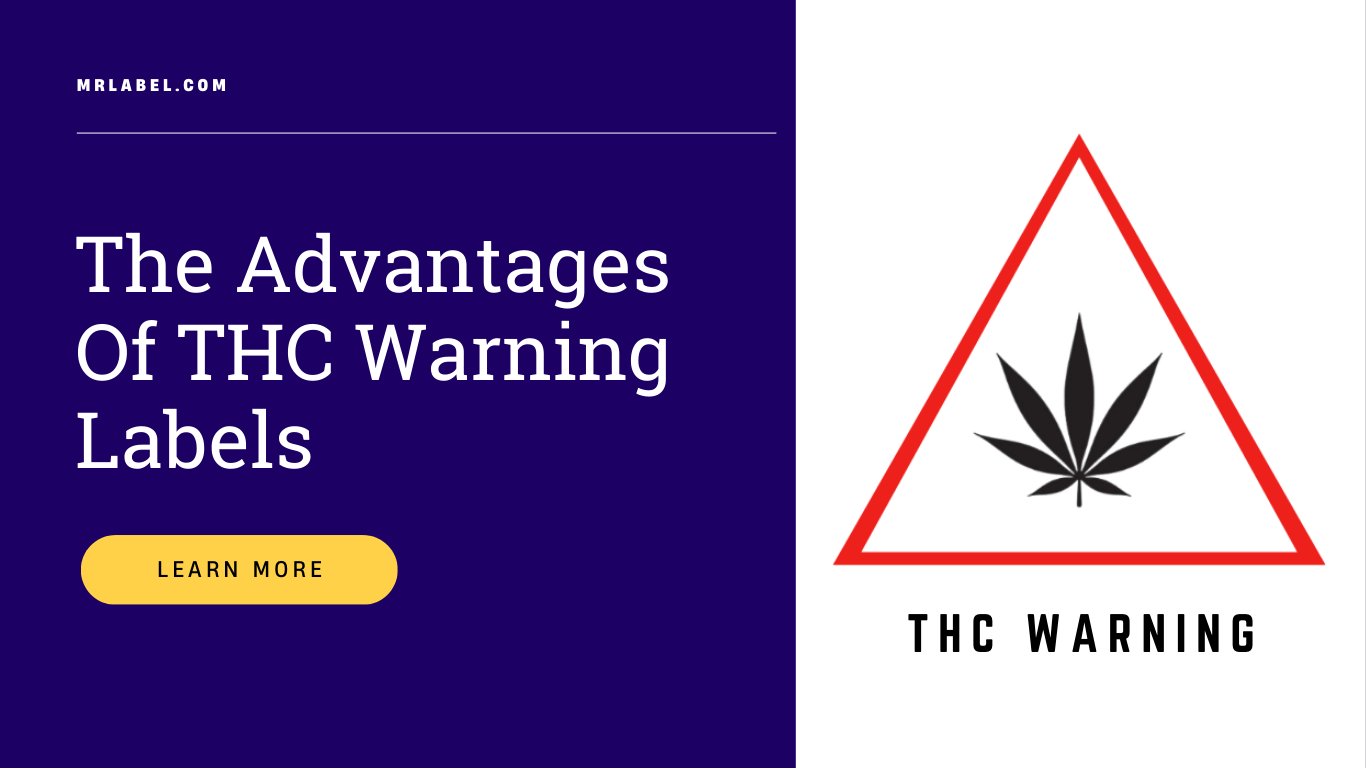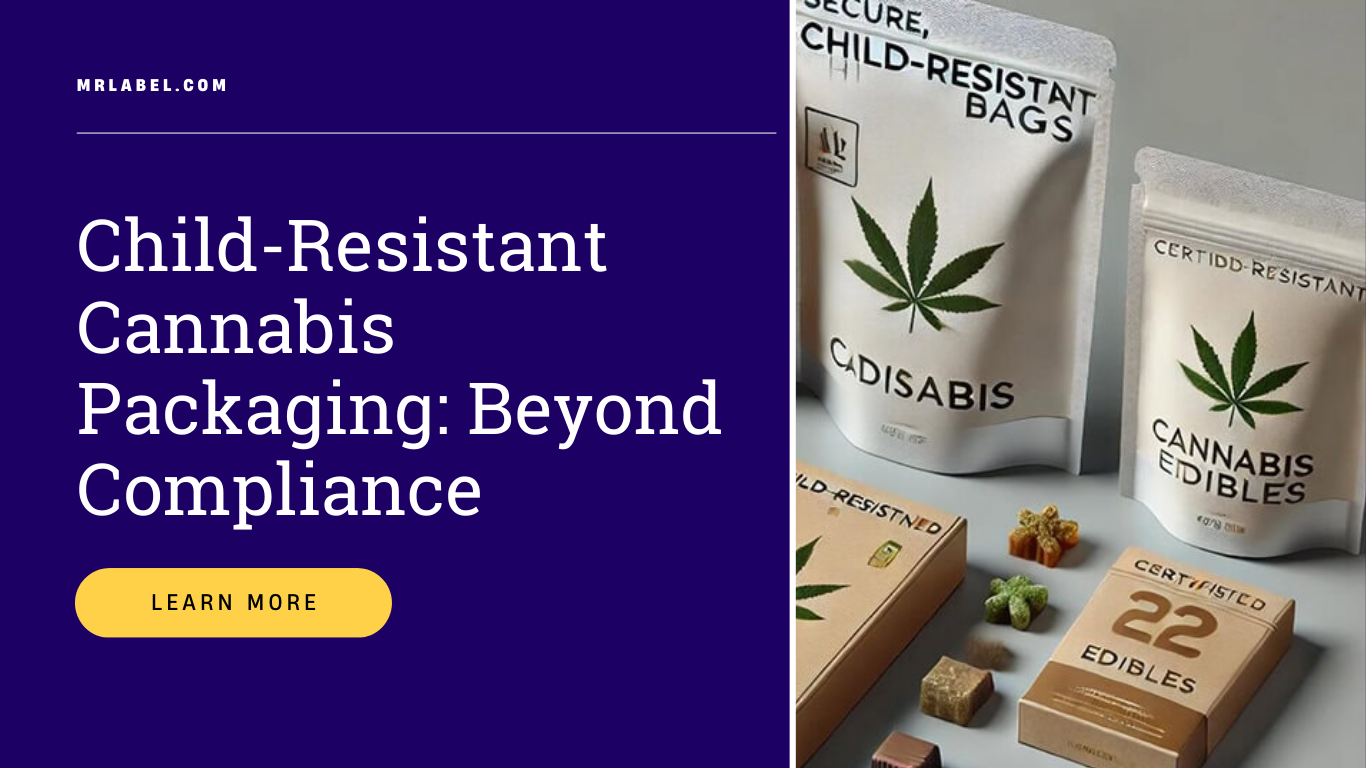While consumer-facing products get most of the spotlight, B2B food companies play a vital role behind the scenes.
Whether supplying ingredients, bulk goods, or ready-to-package items, businesses must prioritize food safety through every step of the supply chain. And two of the most crucial touchpoints? Packaging and labeling.
Here’s how to get them right.
1. Choose Packaging That Protects and Preserves
Sure, the right packaging looks clean and professional, but it’s also the first line of defense against contamination, spoilage, and damage.
In B2B transactions where quantities are large and transit times may be longer, durability matters.
Best practices include:
- Food-grade materials that meet FDA or international safety standards
- Tamper-evident features that show if a package has been compromised
- Temperature-resistant options for perishable goods in cold storage or heated environments
- Sealable closures to prevent leaks, cross-contamination, and exposure to air or moisture
In short: your packaging should be built to withstand the real-world conditions it’ll face in warehouses, trucks, and kitchens.
2. Label for Clarity and Compliance
Clear labeling helps business partners store, handle, and use your product correctly. More importantly, it reduces the risk of allergic reactions, recalls, and regulatory violations.
Every label should include:
- Product name and quantity
- Ingredients and allergens (in bold or capital letters)
- Production date and expiration or best-by date
- Storage instructions (e.g., “Keep Refrigerated” or “Store in a Cool, Dry Place”)
- Batch or lot numbers for traceability
- Manufacturer or distributor contact information
Using durable, smudge-proof labels is also critical. If the label can’t hold up in a humid walk-in or a busy commercial kitchen, it won’t do its job.
3. Stay Up to Date on Regulations
Food labeling rules aren’t static.
The FDA, USDA, and other regulatory bodies regularly update requirements, and international trade partners may have their own standards. Keeping current is part of maintaining a safe, compliant product.
Some key areas to monitor include:
- Allergen labeling laws, which may expand to include new ingredients (like sesame, which was recently added in the U.S.)
- Country of origin labeling for imported or distributed goods
- Nutritional labeling requirements, particularly for processed or blended ingredients
- Language regulations for multilingual markets
- Barcode and traceability protocols that support supply chain transparency and recall efficiency
Failure to comply with evolving rules can result in fines, rejected shipments, or reputational damage. That’s why many food manufacturers now assign dedicated compliance officers or partner with regulatory consultants to stay informed.
Working with a labeling provider who understands the landscape is also essential. Look for a partner who stays informed on legislative changes and can recommend updates to your label formats as needed. This proactive approach reduces the risk of noncompliance and gives your business a competitive edge in an increasingly complex food safety environment.
4. Use Labels to Support Safety Culture
Labels can go beyond data.
They remind handlers to check temperatures, sanitize surfaces, or follow first-in, first-out inventory practices. Consider adding helpful icons, instructions, or QR codes linking to safety data sheets or training videos.
In B2B food production and distribution, safety isn’t optional; it’s a daily responsibility. When packaging and labeling are done thoughtfully, they not only meet the standard, they set the standard.
About M&R Label
Since 1989, M&R Label has specialized in high-quality, custom label printing across diverse industries. With a customer-first philosophy and a commitment to fast turnaround, we combine advanced technology, skilled experts, and a dedication to service. Located in University Park, Illinois, our state-of-the-art facility enables efficient, reliable label production, treating each client as a valued partner. From short-run projects to large orders, M&R Label strives to deliver excellence with every order.
If you’re interested in learning more about our label services and would like us to provide you with a FREE quote, trust the experts at M&R Label to help you!
Call Us at (708) 534-6621 or Request a Quote!



